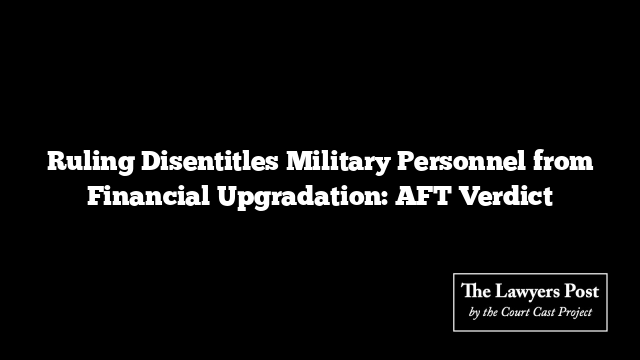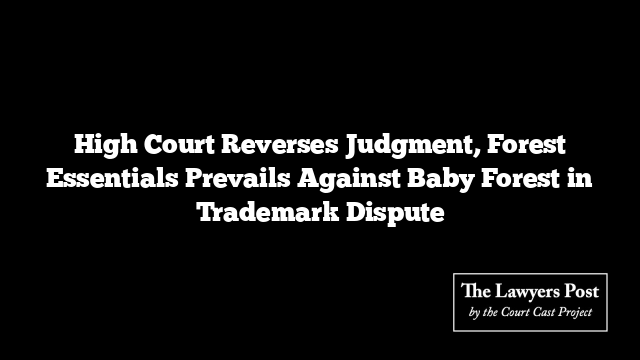In a landmark ruling, the Delhi High Court has restrained a South African law firm from utilizing a trademark strikingly similar to India’s renowned legal entity, Singh & Singh Law Firm LLP. The court’s verdict, delivered by Justice Sanjeev Narula, underscores the profound impact of the internet era on the boundaries of legal reputation.
The dispute, encapsulated in Singh and Singh Law Firm LLP & Anr v Singh and Singh Attorneys & Ors, revolves around the unauthorized usage of the trademark “Singh and Singh” by the South African counterpart. Through meticulous examination of names, digital domains, and primary logos, the court discerned a glaring identity between the two entities, both in nomenclature and service offerings, targeting identical consumer segments.
Pending further hearings, the defendants are barred from employing trademarks such as “Singh and Singh,” “Singh & Singh,” and related derivatives, which may engender confusion or infringement upon the established marks of the plaintiffs. Additionally, the Ministry of Electronics and Information Technology and the Department of Telecommunications have been tasked with restricting access to the defendants’ website within India.
Justice Narula’s elucidation delves into the contemporary landscape of legal practice, accentuating the transcendent nature of reputational boundaries in an interconnected world. The court’s rationale elucidates the potential confusion among clientele, both domestic and international, owing to the near-identical branding employed by the litigants.
Singh and Singh Law Firm LLP, represented by Advocates Tanmaya Mehta and Krishnagopal Abhay, posited their global presence, inclusive of South Africa, as evidence of their expansive reach. The defendants’ actions, soliciting clients under the guise of “Singh and Singh Attorneys,” were deemed misleading, prompting the court to uphold the plaintiff’s plea for injunctive relief.
In essence, the verdict signifies a jurisprudential acknowledgment of the borderless domain within which legal entities operate, necessitating stringent safeguards to preserve the integrity of trademarks and prevent consumer confusion across geographical divides.





